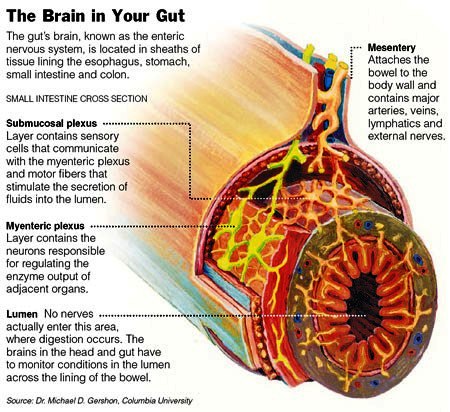
Intelligent Design
BLIND chance could never on its own have produced a self aware and self-conscious thinking being. Certainly would never have evolved a world class athlete, prima ballerina, a Mozart or Shakespeare.
If there were only random forces ruling the world there would be no progress or evolution needed because life would be inherently purposeless and pointless.
Instead, Theosophy postulates that the process of evolution is inherently purposeful, guided by three different aspects, or “schemes — inextricably interwoven and interblended at every point. It now becomes plain that there exists in Nature a triple evolutionary scheme . . . or rather three separate schemes of evolution.”
These are the Monadic (or spiritual), the intellectual, and the physical evolutions. These three are the finite aspects or the reflections on the field of Cosmic Illusion of atma, the seventh, the one reality.
–H. P. Blavatsky, The Secret Doctrine 1:181
[The word Theosophy} “comes to us from the Alexandrian philosophers, called lovers of truth, Philaletheians, from phil ‘loving,’ and aletheia ‘truth.’ The name Theosophy dates from the third century of our era, and began with Ammonius Saccas and his disciples, who started the Eclectic Theosophical system.”
“We can show the line of descent of every Christian religion, as of every, even the smallest, sect. The latter are the minor twigs or shoots grown on the larger branches; but shoots and branches spring from the same trunk — the WISDOM-RELIGION.
“To prove this was the aim of Ammonius, who endeavoured to induce Gentiles and Christians, Jews and Idolaters, to lay aside their contentions and strifes, remembering only that they were all in possession of the same truth under various vestments, and were all the children of a common mother. This is the aim of Theosophy likewise.”
- H. P. Blavatsky, The Key to Theosophy, Section 1

Tree of Knowledge
Thinking or purpose of any sort it is not needed by the random blind productions of a purposeless evolutionary. Put in reality: no intelligence required.
But even children understand that figuring anything out in life is a learning process seasoned by reason, healthy emotions, and aha moments.
A conscious, observant puzzle-solver undeniably exists in the background of thought. The numerous paradoxes inherent in human, and even animal intelligence, will remain ever an unsolvable puzzle to reductionist thinkers.
Not unlike the caterpillar’s irrepressible urge to grow wings and fly, truth finding and spiritual growth are guided by a built-in system H. P. Blavatsky calls in her Secret Doctrine ‘progressive awakenings’:
and the upward progress of the Ego is a series of progressive awakenings, each advance bringing with it the idea that now, at last, we have reached ‘reality’—

Intelligent Design
In her article Spiritual Progress, H. P. Blavatsky made what seemed kind of obvious point (paraphrased):
The true Adept must become,
[she] cannot be made.
“The true Adept, the developed man,” Blavatsky wrote, “must, we are always told, become – he cannot be made. The process is therefore one of growth through evolution, and this must necessarily involve a certain amount of pain.
“Again, the idea of growth involves also the idea of disruption: the inner being must continually burst through its confining shell or encasement, and such a disruption must also be accompanied by pain, not physical but mental and intellectual.”
- H. P. Blavatsky, Spiritual Progress
The growing recognition of the intelligence underlying all life, she wrote, is one of ” growth through evolution, and this must necessarily involve a certain amount of pain” — (at least by our human perception.)
Even progressed disciples, aspiring Adepts, may yet experience psychological pain as described in The Voice of the Silence III:
That Secret Path leads the Arhan to mental woe unspeakable; woe for the living Dead, and helpless pity for the men of karmic sorrow; the fruit of Karma Sages dare not still.

Compassion
We may experience stress in the moment, a research study suggests, “but experience greater happiness on a daily basis and longer term.”
“No pain, no gain is the rule when it comes to gaining happiness from increasing our competence at something,” said Ryan Howell, assistant professor of psychology at San Francisco State University. “People often give up their goals because they are stressful, but we found that there is benefit at the end of the day from learning to do something well. And what’s striking is that you don’t have to reach your goal to see the benefits to your happiness and well-being.”

















































 ALWAYS poised to advocate for the existence of an invisible conscious world within the visible physical world, the writer of The Secret Doctrine, H. P. Blavatsky, was clearly adamant.
ALWAYS poised to advocate for the existence of an invisible conscious world within the visible physical world, the writer of The Secret Doctrine, H. P. Blavatsky, was clearly adamant. 









